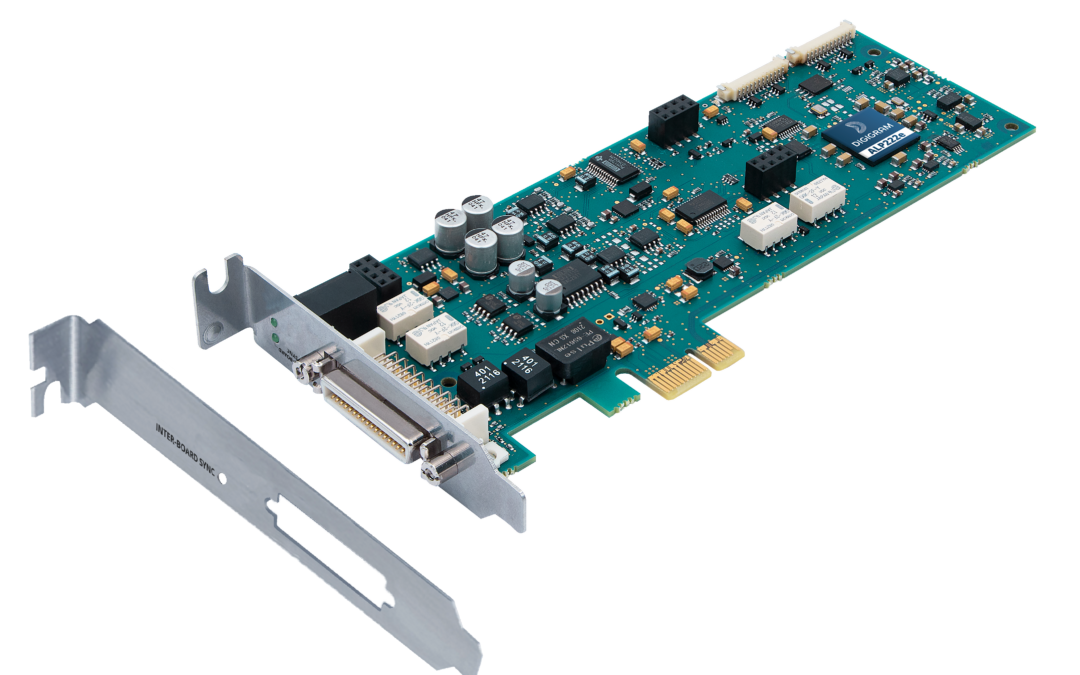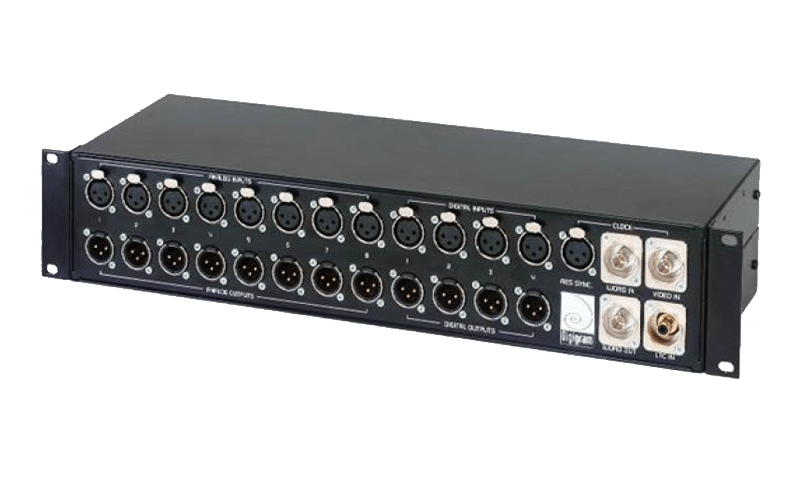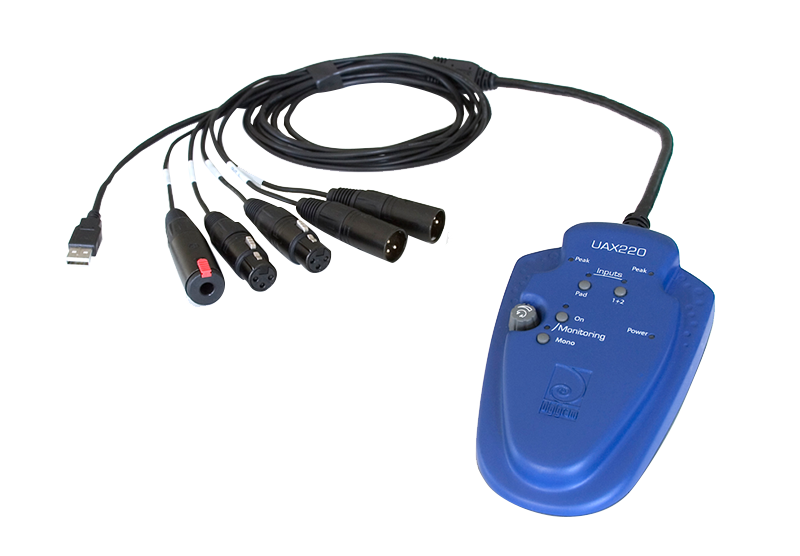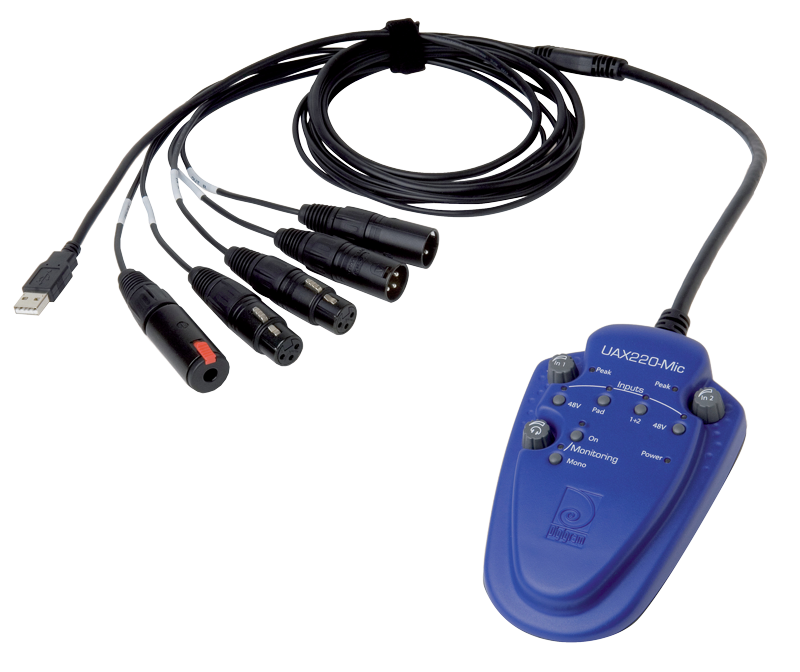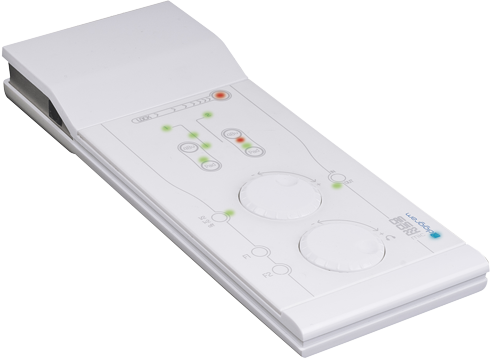The latest generation stereo sound card designed for the most demanding professional audio applications.
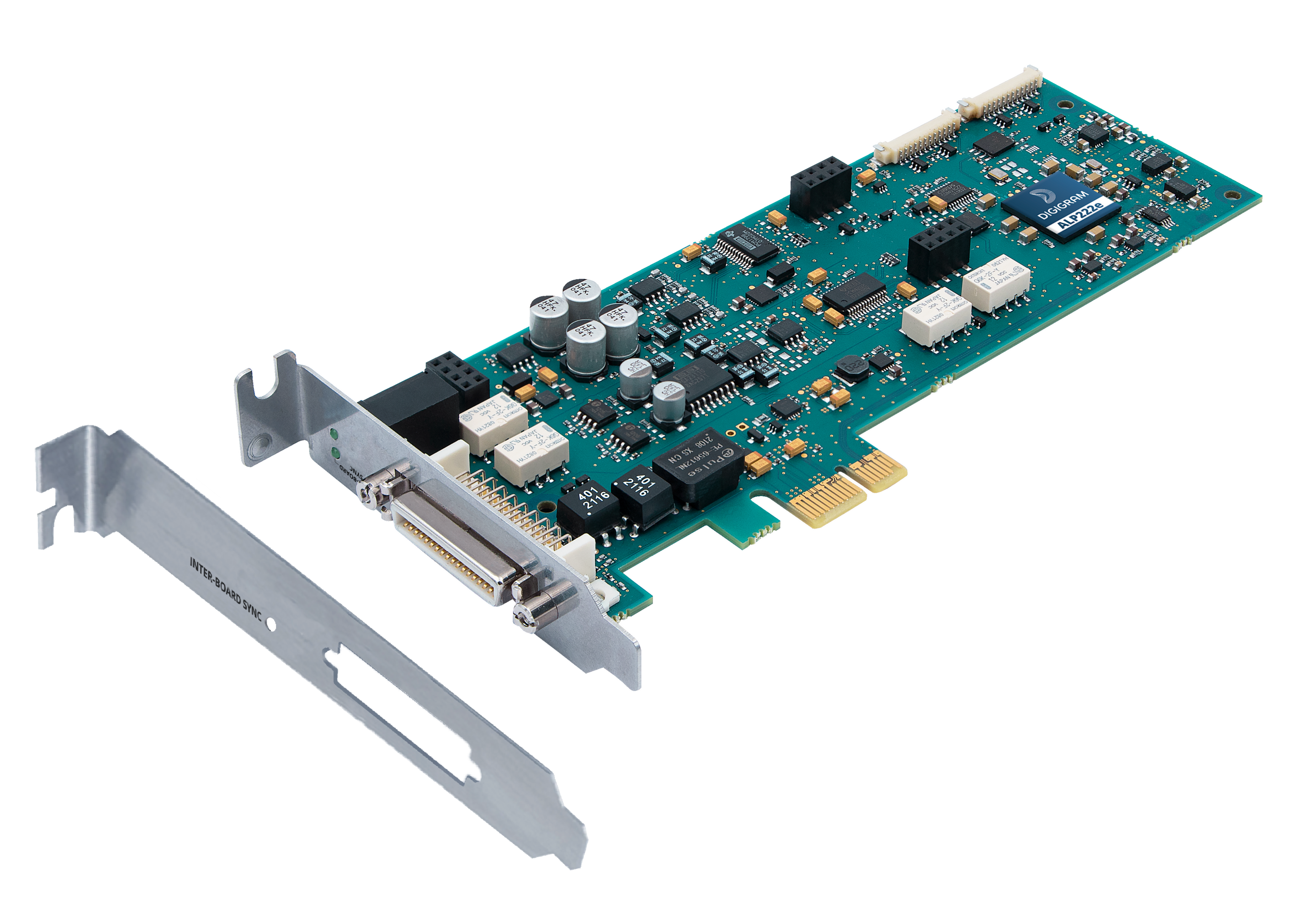
ALP221e
Universally acclaimed, unchanged Digigram features are still up to meet your challenges. Your favourite, trusted PCX and VX cards essentials still fuel the new Digigram ALP-X range.
Same quality, same high standards. A new technology core for this new cards range will push back the limits, offer enhanced performances and simplify users’ daily routines with ALP-X sound cards.
ALP221e is a low profile PCIe stereo sound card designed for operating in continuous 24/7/365 use-environments, as part of professional audio applications based on Windows or Linux operating systems. The card offers digital audio connectivity, and features an on-board 6×6-channel mixer that allows for the routing and mixing inputs to the outputs.
The low latency drivers are multicard (up to 8 ALP cards) and multi-client.
*This product is available for a minimum order quantity, please contact us
DOWNLOADS
BENEFITS
SPECIFICATIONS
For Windows
and Linux
Iconic Rock-solid
& life-long
Pristine Digigram
sound quality
Multi-applications
Hiccup free reliability
Benefits
Outstanding audio quality and performance
Made for regular application or custom design with help of Digigram control API
Specifications
Format
Dimensions
L: 168 mm x H: 69 mm x l: 20 mm L: 6.6 inch; H: 2.7 inch; l: 0.8 inch
Form Factor
Low profile
(standard and low profile brackets included)
Expansion Bus
PCI Express TM (PCIe TM) x1 (x2, x4, x8, x16 compatible)
Drivers
Supported OS
Windows: as of Windows 10 and Server 2016
Linux:
- Ubuntu: (ver. 20.04 – kernel 5.15, ver. 22.04 – kernel 6.5)
- Debian 11 – kernel 5.10
- Debian 12 – kernel 6.1
- RHEL 9 kernel 5.14
Drivers
Windows: Asio, Wasapi/DirectSound
Linux: Alsa – The Alsa driver is currently supplied by Digigram so that you can compile it for your Linux distribution.
One Driver Package
Multi-application and multi-card API available
Control panel
Digigram ALP-X ASIO Settings (On Windows)
• Asio Control Panel: up to 8 ALP-X cards
(intercard synchronization)
• Select I/Os used through ASIO
(others can be used through Wasapi)
Digigram ALP-X Manager (On Windows)
• A unique control panel for the whole ALP-X range
• Manages up to 8 ALP-X cards
Main functions
Zero latency FPGA-based mixer
Adjustment of input and output levels
Mixing before monitoring and recording
Sync selection

Hardware Specifications
INPUTS
Digital
1 stereo AES3 input
Adjustable digital gain: from -90 dB to +12 dB, in 0.1 dB steps
Sample rate (kHz): 32, 44.1, 48, 64, 88.2, 96, 128, 176.4, 192
Hardware Sample Rate Converter frequency ratio: from 1:8 to
7,5:1
OUTPUTS
Digital
1 stereo AES3 output
Adjustable output gain: from -90 dB to +12 dB, in 0.1 dB steps
Sample rate (kHz): 32, 44.1, 48, 64, 88.2, 96, 128, 176.4, 192
SAMPLE FORMAT
PCM (8, 16, 24, 32 and 32 float bits), Float IEEE754
CABLE & CONNECTORS SPECIFICATIONS
Breakout cable
Total breakout cable length: 1 m
XLRs for audio I/Os
Inter board synchronization
Headphones: 3.5 mm TRS female jack
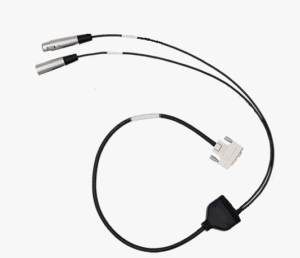
SYNCHRONIZATION SOURCES
- Internal clock (kHz)
11.025, 16, 22.05, 24, 32, 44.1, 48, 64, 88.2, 96, 128, 176.4, 192 - Intercard clock* (possibility to connect up to 8 ALP-X cards
linked with an inter-board sync cable)
+ AES3 input with SRC
Q&A
Sound cards
Which Linux Distribution are supported by ALP sound cards ?
ALP cards are supported under the following Linux distributions, from the mentioned versions:
- Ubuntu:
ver. 20.04 - kernel 5.15
ver. 22.04 - kernel 6.5 - Debian 11 - kernel 5.10
- Debian 12 - kernel 6.1
- RHEL 9 kernel 5.14
In case you need to run the driver under another Linux distribution, please contact Digigram to get
the source code. If you experience issues for compiling / running the driver on your Linux distribution, we
propose a service to provide you with the appropriate driver; please contact Digigram.
My sound card is not detected by Windows
Make sure that you downloaded the lasted driver on our website. Indeed, from time to time we have to make component updates that require a new driver.


